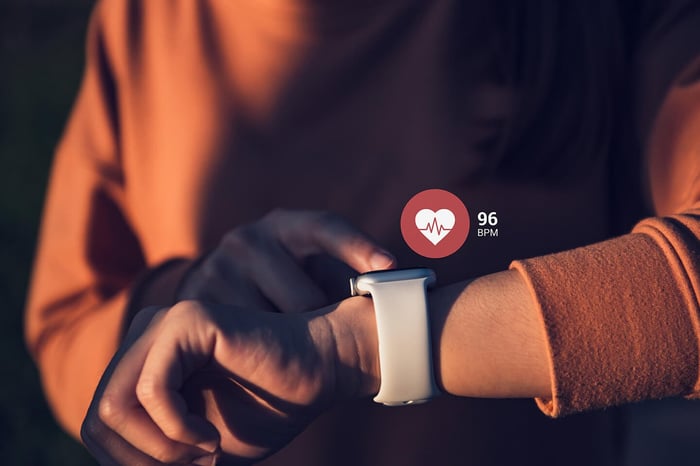A new study review undertaken by the University of South Australia has shown the fitness benefits of 'wearable activity trackers', such as smart watches, for Australians going through hospital recovery.
The research focused on the activity levels of those confined to hospital settings while undergoing rehabilitation for surgery, illness, and other conditions. Key findings suggested that the implementation of wearable fitness trackers during a hospital stay can increase patients' total step count, and amount of physically active time. They can decrease the amount of sedentary activity (such as sitting and sleeping) during the day.
The study, which reviewed 15 pieces of literature, was led by UniSA PhD candidate Kimberley Szeto, who believes the use of smartwatches and wearable fitness trackers could be a step forward in the medical industry.
"Hospital stays are often marked by extreme patient inactivity, which paradoxically, can exacerbate other health issues, and lead to longer hospital stays” Szeto said in a statement.
"Wearable activity trackers such as Fitbits are a great intervention for improving physical activity and sedentary behaviour during a hospital stay. This can also lead to improvements in clinical outcomes for patients, like physical function (which refers to the patient’s ability to perform daily activities, like balancing and walking to where they need to go)."
Compiling the results of studies across Australia, Europe, Asia, North America, and the Middle East, Szeto, and her research partners discovered that patients were taking, on average, 826 daily steps more than usual care when wearing a fitness tracker. The finding is a key indication of the benefits of this equipment can provide.
"While 826 steps may not sound like a lot, the improvements that our study found are substantial, with other studies showing that increasing daily step counts by even 250-500 steps is associated with a reduced risk for prolonged hospitalisation, discharge to non-home locations, and readmission," she said.
The review also found that wearable fitness trackers contributed to 10 minutes more per day of active time compared to usual care, and 36 minutes less per day of sedentary behaviour compared to care without the use of smartwatches or other fitness indicators.
You can read the full UniSA study here.












